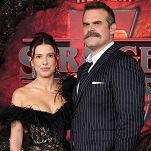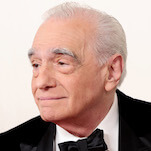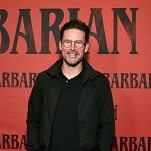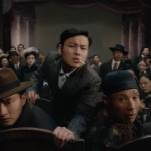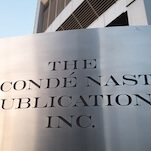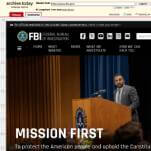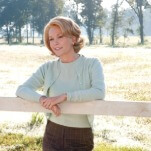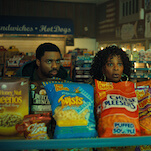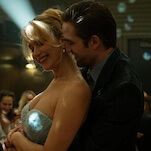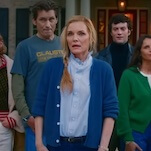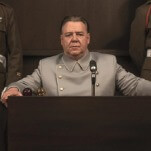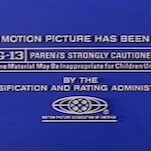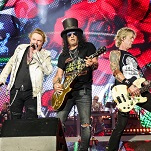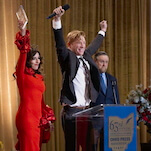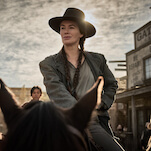“I doubt very much that I’m the only person who’s finding it more and more difficult to want to read or write novels,” David Shields wrote in his 2010 book Reality Hunger: A Manifesto. It wasn’t a typical non-fiction book, so much as a relentless collage of quotes, comments, and prose poems lifted from anywhere and everywhere that Shields believed would aid in expressing his exhaustion with reading and writing novels. Everything went uncredited—there was a lengthy appendix, but in his introduction, Shields instructed readers to cut those pages out of the book, along the provided dotted line. In short, Reality Hunger blew the doors off creative non-fiction. His follow-up, How Literature Saved My Life, continues the literary collage with intriguing results, but in a more stable, accessible structure.
How Literature Saved My Life isn’t a typical memoir, nor is it an essay collection. It flows in fits and starts, more a collection of things Shields enjoys reading, watching, and thinking about, assembled loosely by theme, with the overarching message that he loves literature. He breaks down the first Tobey Maguire Spider-Man film, later discusses the radio program Delilah and Sarah Manguso’s The Guardians, and continues to cycle through books, films, and other items of cultural significance as they relate to his thoughts.
Reality Hunger came with no instruction manual, no obvious indication that it was a pastiche of so much other media dragged into one cacophonous collection. The most fascinating parts of How Literature Saved My Life break down how Shields arrived at Reality Hunger: “The key thing for an intellectually rigorous writer to come to grips with is the marginalization of literature by more technologically sophisticated and thus more visceral forms.”
Shields has an uncanny ability to tap into the short attention span of modern culture and turn it into something positive. He doesn’t linger on any subject for more than a few pages—not because it isn’t worth the time, but because he’s so adept at concision that any more elaboration is unnecessary. It’s unsettling to anyone unfamiliar with this kind of writing, but the patterns can be learned. After reaching that point of understanding, Shields’ observations are the literary form of something like Girl Talk, constantly shifting, reminiscent of past nostalgia while always thrusting forward at a blistering pace. (This from the guy who cites Proust’s gargantuan Remembrance Of Things Past as the most influential piece of literature he ever read.)
It’s never safe to assume that anything Shields writes about himself is entirely true. His entire aesthetic since he reinvigorated his writing career is focused on how insignificant the line between fiction and reality should be. To some, the emphasis on “emotional truth” over factual accuracy in non-fiction is an immediate deal-breaker, but knowing how Shields approaches this material is the key to accepting it on its own terms. He includes whole sections of emails with friends, only crediting them parenthetically with inline citations at the end of a paragraph, to give a rug-pull effect. A section where Shields relates the story of reading his college girlfriend’s journals is poignant, but reservations about its authenticity create a distance between the reader, Shields the character on the page, and Shields the author.
And that’s precisely the point. Shields is vastly more interested in the reader/author relationship than in navigating literary devices—something he brushes aside in an honest appraisal of David Foster Wallace’s non-fiction work and critique of his fiction. Shields has become the poster boy for “the death of the novel,” but all he tries to do is find a way to reconcile his love of literature with rapidly changing paradigms of media consumption. He never directly addresses the title, but How Literature Saved My Life presents a way forward for literature in new forms.








